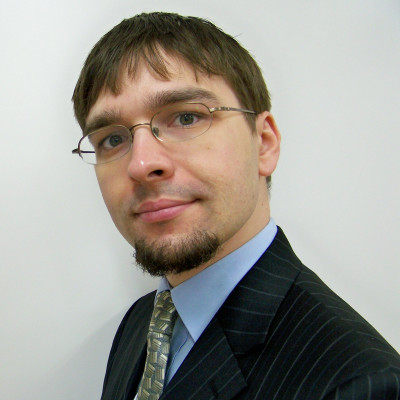Sessions / Critical Pedagogy / Perspectives
SELVES: Social Emotional Learning Virtual ExchangeS #3444
Social-emotional learning has become the trend umbrella term to blend the knowledge of society with individual emotional intelligence. Every individual is honored in their current community climate. The hand, the heart, and the brain collaborate on a global scale. Virtual exchanges have also fast become a commonality within 21st-century requirements. Real-world project-based learning can release imaginative and creative energy for all involved. Developing deep content knowledge as well as critical thinking, collaboration, creativity, and communication skills, this collaborative online international learning project assisted students in their own social-emotional learning competence. This research paper presentation will showcase how a deeper sense of self-awareness was developed in a sustainable business project collaboration between Thailand and Japan using English as the lingua-franca in a second-grade university setting. Incorporating our full selves in any situation and leading with inquiry in problem-based classroom activities holds great potential for the future of humanity.
Guiding Students to Constructing Better Arguments #3723
Many EFL university students face not only challenges with English academic language but also the expectations of Western academic rhetoric. In this workshop, we'll discuss how to tailor popular argumentation models to student learners and guide them in developing critical arguments. The workshop will focus on example lesson materials and online resources for Aristotelian, Toulmin and Rogerian arguments, with some reference to other popular argumentation options as well. As many at this conference cater to a Korean audience, the presentation will also briefly touch on academic research in differences between Korean and Western rhetorical styles. While this workshop may focus more on written essays, there will be some room for discussion in spoken rhetoric (debates, presentations, etc.) as well.

